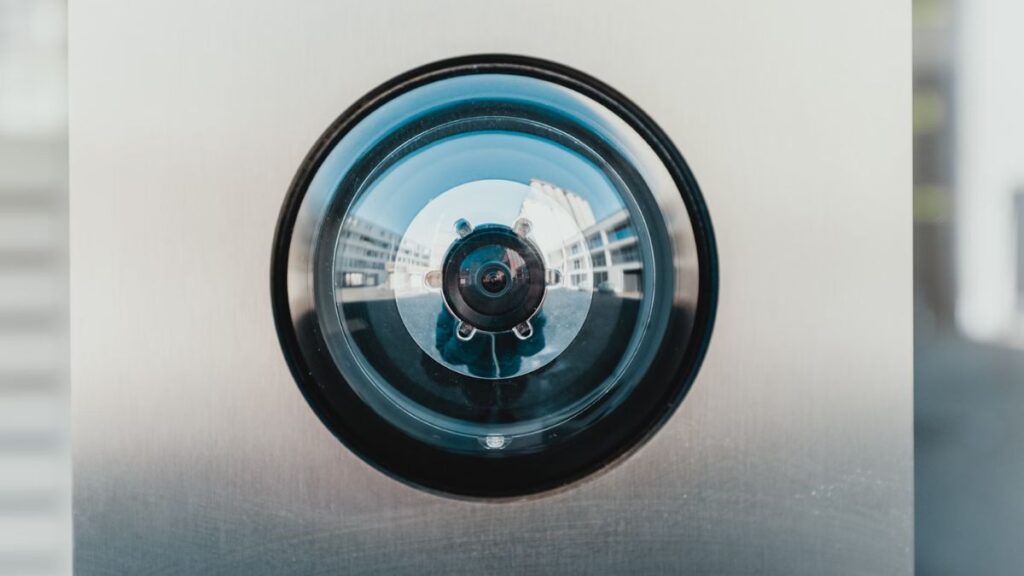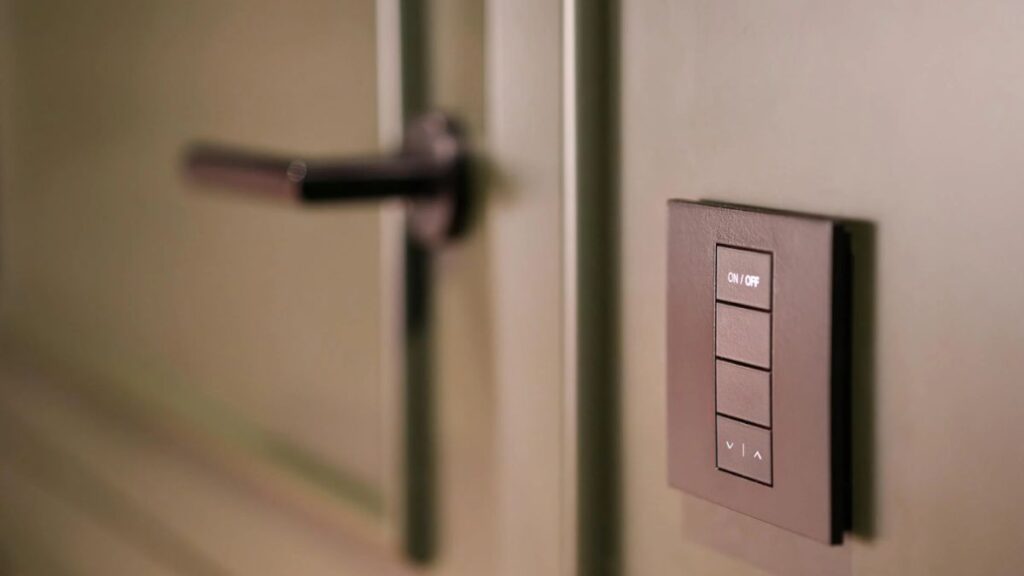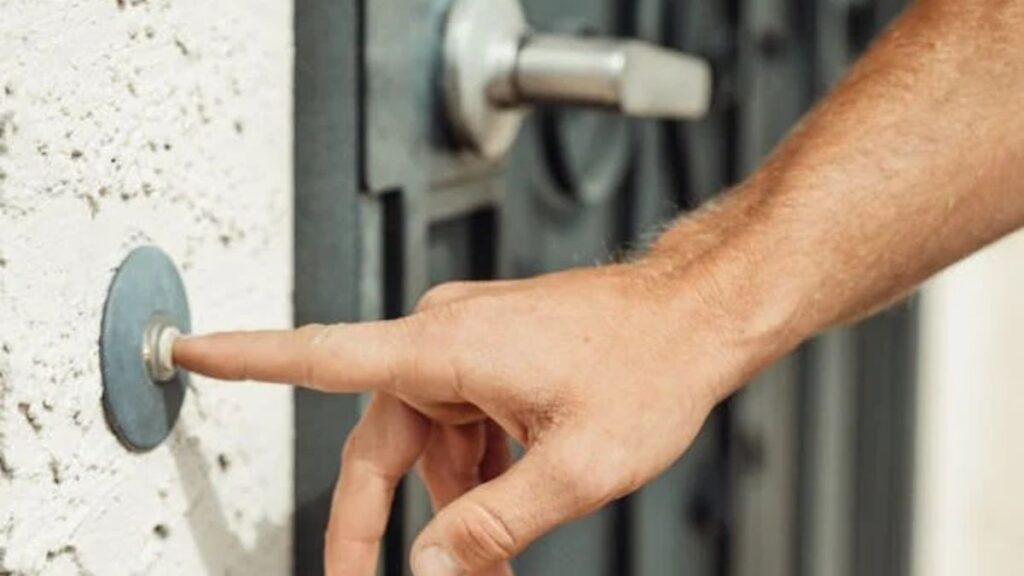Choosing the right security door for your home is a crucial decision that directly impacts your safety and peace of mind. A security door not only provides protection against intruders but also enhances the aesthetic appeal of your property. However, improper installation can negate these benefits, making your investment less effective. By avoiding common mistakes during the installation process, you can ensure the safety and durability of your security door.

Not Understanding the Type of Security Door Needed
Before even beginning the installation process, it’s essential to first understand what type of security door is best suited for your specific needs. There are various options available, including steel, aluminum, and fiberglass doors, each offering different levels of protection and aesthetic appeal. Steel doors, for instance, provide high resistance against forced entry, while aluminum doors can offer good security with a lighter weight and added design flexibility. For those uncertain about the most suitable option, consulting with Perth security door experts can provide valuable insights tailored to your specific situation. Choosing the right material requires a thorough assessment of your home’s security requirements and the environmental conditions in your area.
Neglecting to Measure Properly
One of the most frequent mistakes during installation is neglecting to take proper measurements of the doorway. A miscalculated measurement can lead to purchasing a door that is either too large or too small, resulting in gaps that can compromise security and energy efficiency. Make sure to measure the width and height of your doorway accurately, leaving room for proper framing and additional features such as weatherstripping. It’s often helpful to have a second person assist you, as this can provide a better perspective and help catch any measurement errors.
Ignoring Local Building Codes
Every region has its own building codes and regulations that must be adhered to when installing security doors. These codes often dictate specific safety standards, which can include requirements such as the type of materials used and the method of installation. Failing to comply with local regulations can lead to fines or even the requirement to redo the work entirely. Before beginning your installation, take the time to research the building codes in your area to ensure that your new door installation meets all necessary guidelines. Checking in with local authorities or hiring a professional can make this process smoother and keep you compliant.
Skipping Professional Installation
While it may be tempting to handle the installation yourself to save money, skipping professional installation can lead to costly mistakes. Many security doors require specific installation methods to guarantee their effectiveness. Hiring professionals ensures that your door is installed correctly, adhering to manufacturer guidelines and local building codes. Professional installation provides peace of mind. If any issues arise after installation, many professionals offer warranties, which is an added layer of protection for your investment.

Once your security door is installed, it’s important to conduct thorough testing to confirm that everything is functioning correctly. Ensure that the door opens and closes smoothly, checking for any obstinate spots or misalignments. Confirm that all locks are functional and that the door fits securely within its frame. Taking the time to perform these tests post-installation not only ensures immediate effectiveness but can also reveal potential issues that might require attention before they escalate. It’s crucial to remember that your security door is a significant investment in your home’s safety. Ensuring that it is correctly installed and maintained will ensure it performs as intended for years to come.







